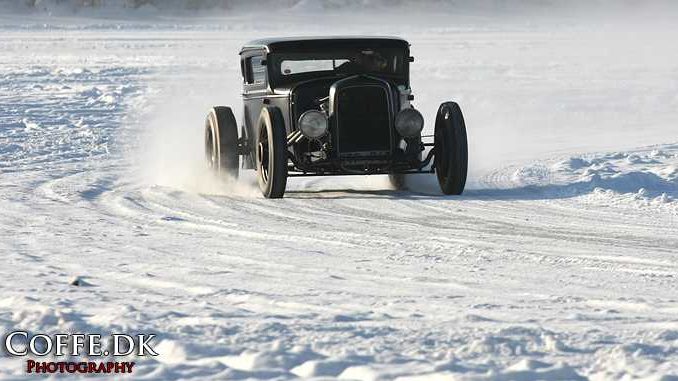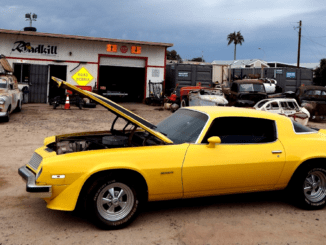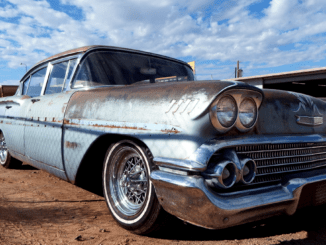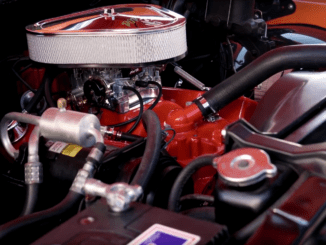
Starting a Cold Engine
Starting a car with a cold engine is easier said than done, and there are times it can be a real frustration particularly if you live in the hills or areas that get exceptionally cold. Getting late for work, missing deadlines, not being able to drive the kids to school; are just some of the things that happen when your car refuses to start due to a cold engine. How to avoid this from happening?
Cold weather will come; that’s for sure and inevitable. The trick is to not let cold engines stop you from driving your car without hassles.
Firstly, because cold weather affects liquid evaporation. When it is cold, petrol evaporates less, making it more difficult to burn. By the time petrol burns sufficiently, it is already too burnt for the car to use properly.
Secondly, a cold engine might have problems in starting because oil happens to get thicker in cold weather. Oil, just like any liquid, changes consistency when exposed to very low temperatures. The oil then may not properly circulate in the car engine.
But oil is not the only problem, as car batteries are affected too by cold weather. Since batteries function through chemical reactions, cold weather can severely hamper those necessary chemical reactions, making it hard for you to start your car. You end up starting the engine futilely as the batteries struggle to spark a chemical reaction.
When these three difficulties occur at once, then it becomes clear that you really won’t be able to start your car anymore. What to do then?
Spray ether into the engine to help evaporate the petrol quickly and help your engine to start. Opt for thin synthetic oil which has better resistance from coagulating in the cold. Also, park your vehicle inside a garage where it’s warm and sheltered. Leaving it out in the cold is a sure-fire way to deaden your engine. Never miss a family or business appointment again!




